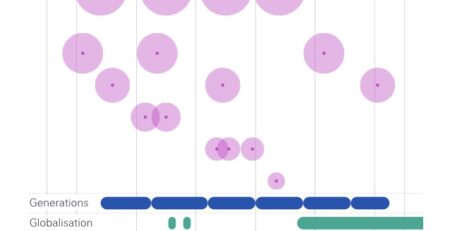Comparison of Psychosocial Factors Affecting the Demands for Pension Plans Between American and Chinese Residents
By Ruiqi Tian (Southwest Jiao Tong University – Psychological Research and Counseling Center) & Ruilin Tian (North Dakota State University – Department of Accounting, Finance, and Information Systems)
Pension becomes more and more important as people are living longer and pursuing higher living quality after retirement. This paper is to analyze the psychosocial factors that affect people’s pension demands in the US as well as in China. As two representative countries that have different pension systems, cultures, value systems, family structures, and age compositions, we identify the commonalities and differences involving in people’s pension decisions with a phenomenological qualitative method. American and Chinese residents’ experiences in pension selection and management are studied through in-depth interviews. While the existing studies focus on the macrostructure of a country’s pension system, we contribute to the literature by recognizing the micro influential factors at the individual level. Our analysis provides constructive suggestions and valuable implications to the policymakers who aim to amend an existing pension system, construct a new pension system, or carry out a pension reform.
Source: SSRN










